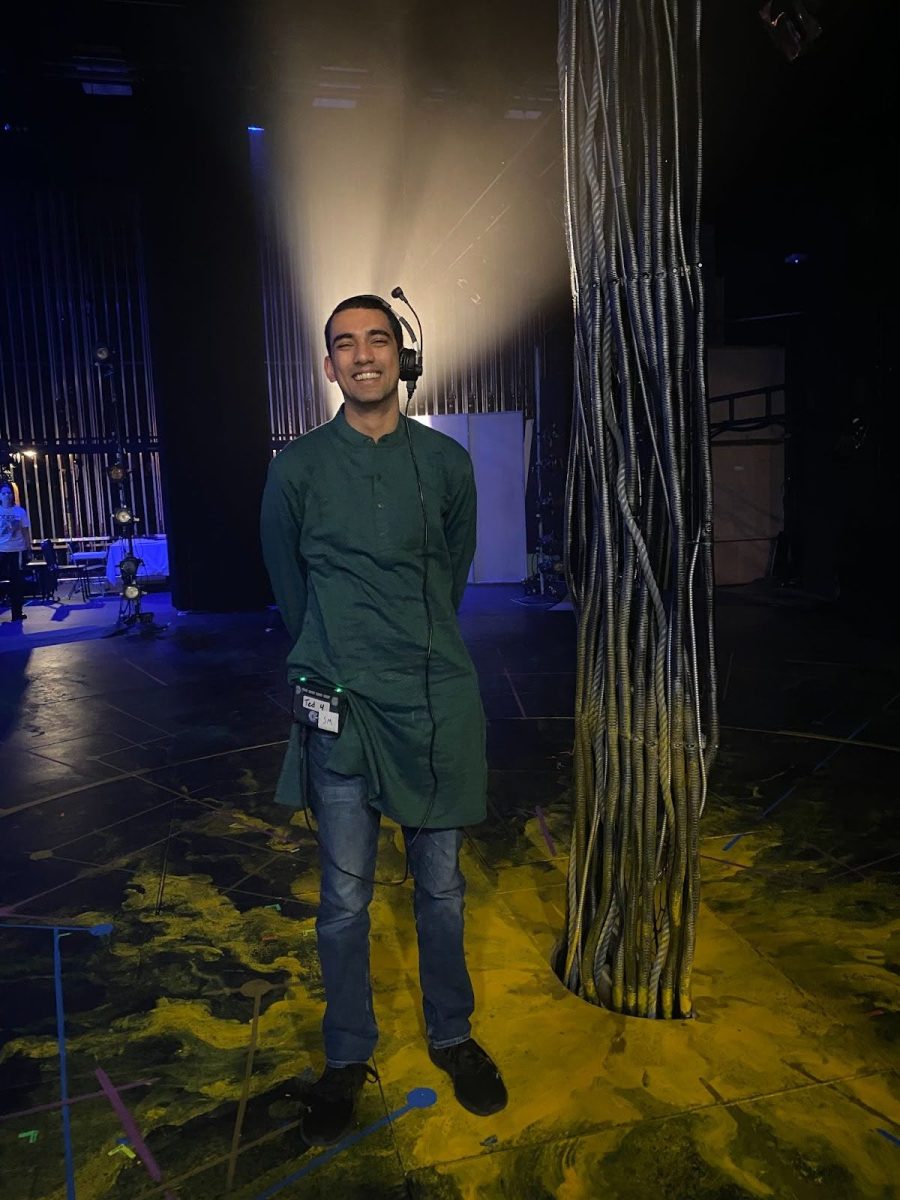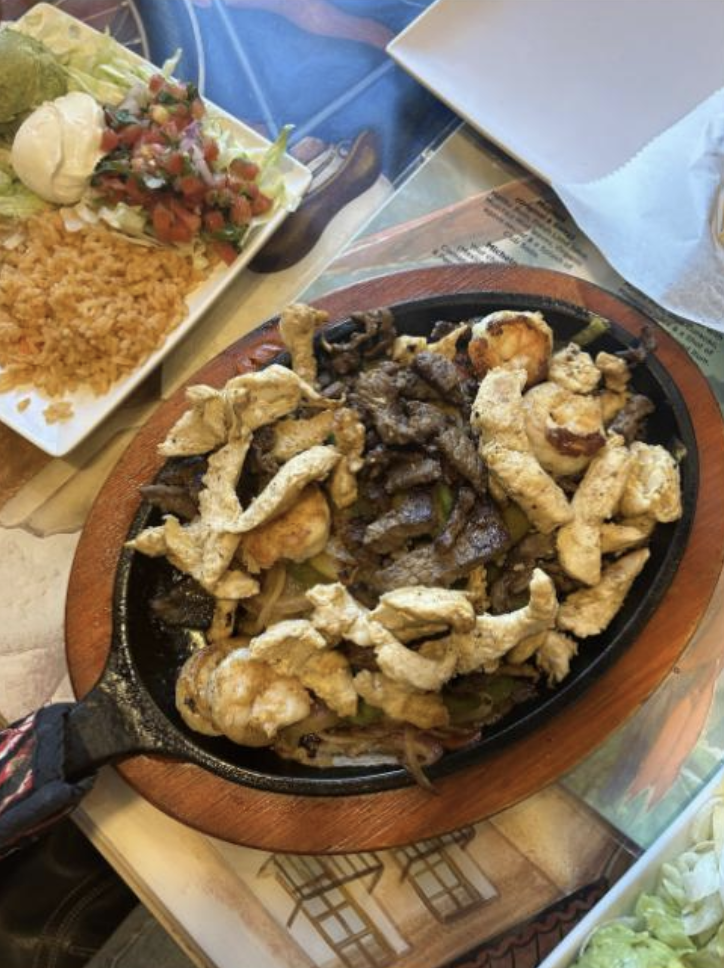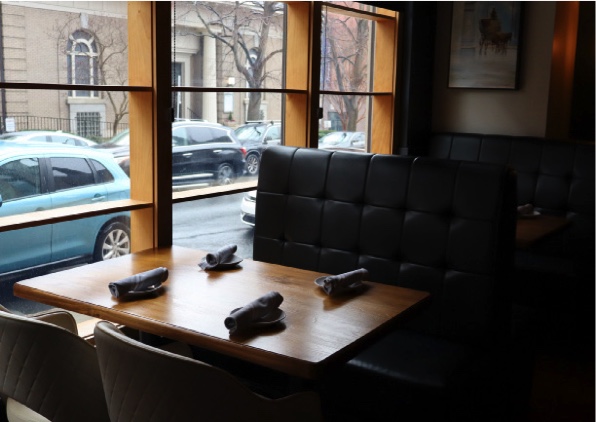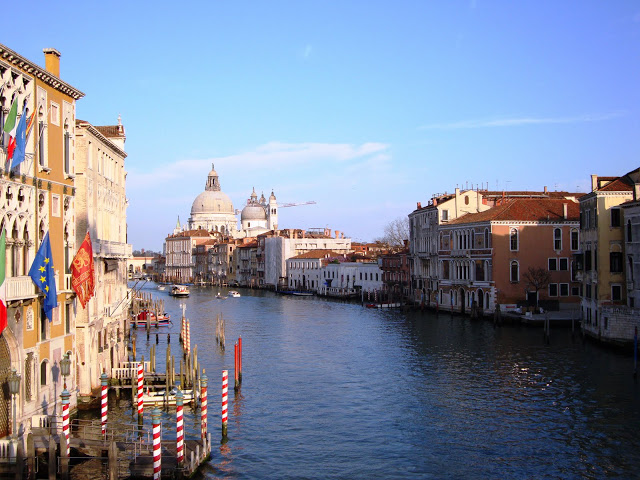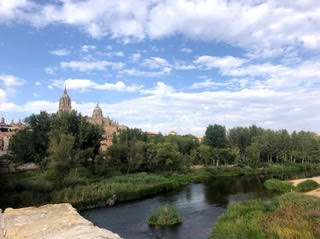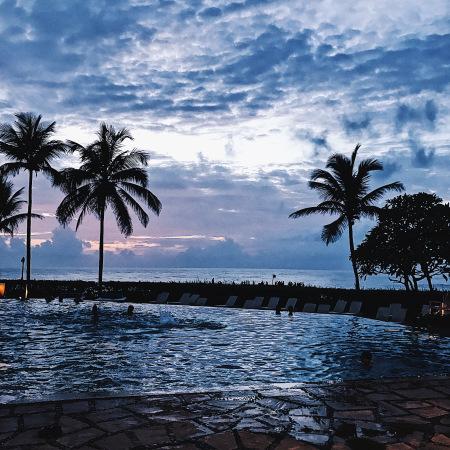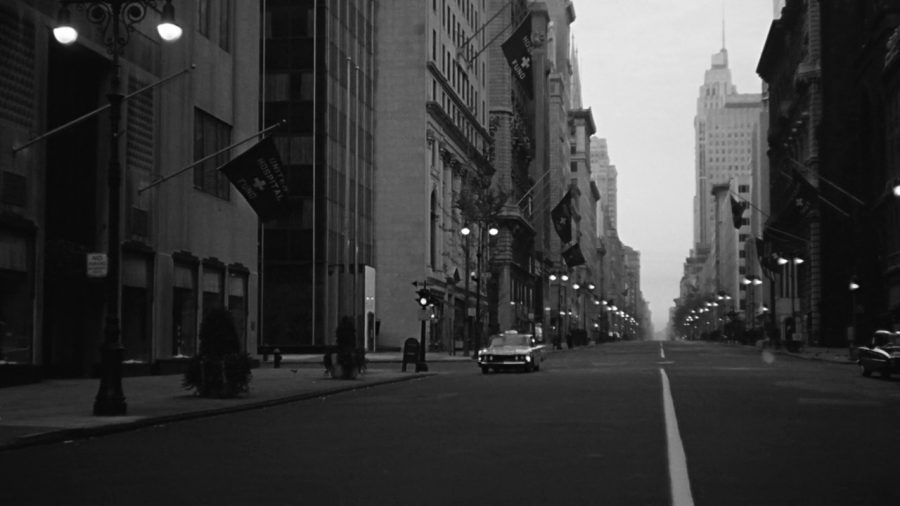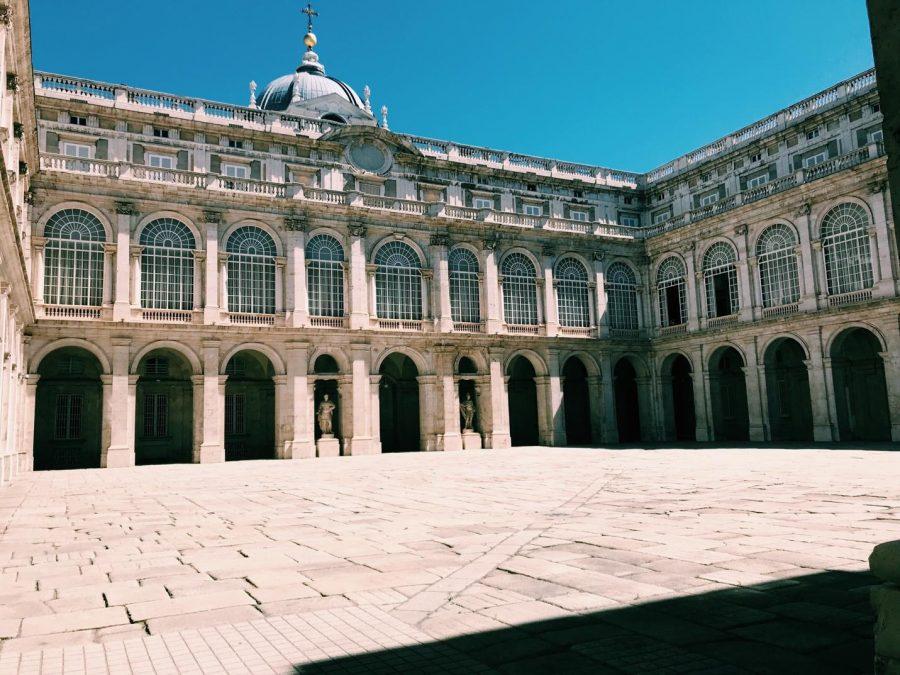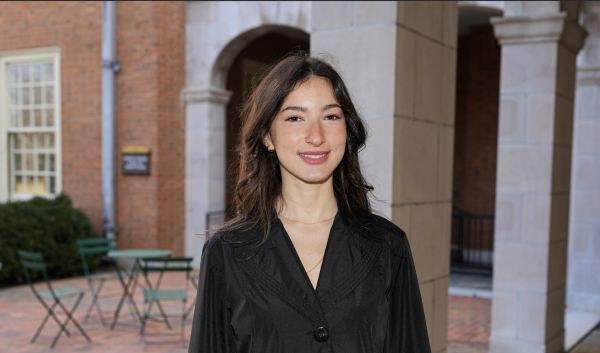Today, I am leaving Marseilles. It was a beautiful city with a foul smell. It was a glinting treasure overcome with rust. The Iles de Frioul were breathtaking and La plage de Saint Estève was a miracle. A small ice cream shop welcomed me to the island. Frioul smelled of fresh waffle cones, the air was sweet with salt. Atop the island was the old Hôpital Caroline and old Fort Ratonneau, both swarming with seagulls, watching over the beach. Two historic sites dominating the aquamarine sea, a sight of ancient Rome.
We ventured to La Plage de les Catalans after and it, too, was beautiful, yet simultaneously gimmicky and commercial. The air hung heavy with burnt plastic and gasoline, but the swimming was phenomenal. The water was fresh and invigorating. There, I met a group of Finnish students smoking cigarettes.
I spent much of the afternoon glancing up from my book and mulling over whether they were speaking Russian or Portuguese.
I don’t have a good ear.
We wandered through the Vieux Port, and the smells of the fish market wafted all around us. Silver eels fell naturally into their mortal coils, and sardines gawked at me, their frozen eyes watching atop mounds of ice in five cent containers. The smells of a fish market will follow you across the world and are stubborn to change. Savon de Marseille was on sale at every stretch of the port, and the smells filled the peripheral streets and alleyways. The sharp tang of the fish market mingled with the warm earthy perfumes of santal, vetiver and lavender. Together, they swirled through the streets, sometimes clashing, sometimes merging to create the irreproducible aroma that creeps through every corner of Marseille, from les Calanques to Notre-Dame de la Garde — save the areas overrun with garbage near Saint Charles and the 3me arrondissement.
Much of the city was in disarray — civil unrest. The scent of the port climbed up to Notre-Dame de la Garde, marrying with the smells of the varnished wooden ships suspended from the cathedral’s ceiling in the central prayer room, a matrimony of salt and sanctity.
I met my cousin Mimi for dinner. I ordered oysters. I love oysters because they are unashamed in their scent and appearance; they belong to the ocean and have no qualms about it. You can find a million whole-world truths in an oyster. She told me that the church poses as a guardian to those traversing the seas, the sailors and fishermen. She told me that the church’s prayers are filled with calls for their safety and salvation.

On our last day, we returned to Frioul, but a violent purple flag waved at us, meaning it was interdit [forbidden] to swim. The lifeguard at the beach lamented that it was due to heavy pollution. There had been a great oil spill that night.
I found it curious because the water was crystal clear and the air was untainted.
Something angelic beckoned us, and we hiked up the island. At the top, we were completely isolated. Hundreds of seagulls squawked and circled above me, drowning out my senses and lowering my inhibitions. Their cries carried a tone of definite damnation. The smell of dirt and rocks kicked up at me as they fluffed their feathers in the dirt. Marseille is a city of smells — a shifting scent-scape that lingers in memory.
You won’t realize how deeply its fragrances have rooted you until one day they tug at you and pull you back.













